The Shiba Inu, an ancient breed from Japan, is known for its fox-like appearance and spirited personality. Like all breeds, Shiba Inus have specific dietary needs crucial for their health and well-being. This comprehensive guide is designed to provide Shiba Inu owners with detailed information on the ideal diet for their furry companions.
Understanding the Nutritional Needs of Shiba Inus
Shiba Inus are small to medium-sized dogs with high energy levels. Their diet should be rich in high-quality proteins to support muscle health, balanced fats for energy, and essential vitamins and minerals for overall health. Proteins are crucial for muscle maintenance, fats provide energy and support coat health, and carbohydrates offer sustained energy.
Our 5 Top Foods for Shiba Inus
The diets were selected by our founder Justin Palmer, a certified canine nutrition expert, specifically with Shibas in mind:
Selecting High-Quality Protein Sources for Shiba Inus
Protein is a vital component of a Shiba Inu’s diet. High-quality sources such as chicken, beef, lamb, or fish should be at the top of the ingredient list in their dog food. The right amount of protein supports muscle maintenance and overall growth, which is particularly important for this active breed.
The Importance of Fats and Carbohydrates in a Shiba Inu’s Diet
Healthy fats are essential for Shiba Inus, providing energy and supporting skin and coat health. Good sources include fish oil and flaxseed oil. Carbohydrates should come from complex sources like whole grains, vegetables, and fruits, providing necessary energy and aiding in healthy digestion.
Essential Vitamins and Minerals for Shiba Inus
A well-rounded diet for a Shiba Inu should include essential vitamins and minerals. Calcium and phosphorus support bone health, while vitamins like A and E boost the immune system and maintain skin and coat health. Commercial dog foods formulated for small to medium-sized breeds typically contain these nutrients in balanced amounts.
Appropriate Portion Sizes and Feeding Frequency for Shiba Inus
Portion control is essential to prevent obesity in Shiba Inu. Typically, an adult Shiba Inu requires about 1/2 to 1.5 cups of dry dog food daily, depending on their size, age, and activity level. Feeding should be divided into two meals a day. Adjust portions based on your dog’s needs, and consult a vet for specific recommendations.
Dietary Considerations for Shiba Inu Puppies and Seniors
Shiba Inu puppies and seniors have different dietary requirements. Puppies need more calories and nutrients for growth, while senior Shiba Inus may benefit from a diet lower in calories and higher in fiber. Specialized puppy and old dog foods can provide the right balance for these life stages.
The Importance of Hydration in a Shiba Inu’s Diet
Hydration is as important as solid food for Shiba Inus. Always provide access to fresh, clean water. Wet dog food can also contribute to their hydration, which benefits dogs that may not drink enough water.
Managing Food Allergies and Sensitivities in Shiba Inus
Like many breeds, Shiba Inus can develop food allergies or sensitivities. An elimination diet can help identify specific allergens. Hypoallergenic diets or those with limited ingredients can be beneficial in such cases.
Monitoring Weight and Adjusting the Diet for Shiba Inus
It’s essential to monitor your Shiba Inu’s weight regularly. Overfeeding can lead to obesity, while underfeeding can cause nutritional deficiencies. Adjust portions based on your dog’s activity level and weight. Regular vet check-ups can help maintain an ideal weight.
Treats and Snacks: Healthy Options for Shiba Inus
Treats should be given in moderation and chosen wisely. Healthy, low-calorie treats are preferred. Avoid human foods that are toxic to dogs, such as chocolate, grapes, onions, and xylitol.
In conclusion, feeding your Shiba Inu a balanced diet tailored to their needs is critical to their health and happiness. Regular veterinary consultations and monitoring are essential to keep their diet on track. Your Shiba Inu will enjoy a healthy, active life with proper nutrition.
What Health Issues Are Shiba Inus Prone To, and How Can a Proper Diet Help?
With their bold spirit and fox-like appearance, Shiba Inus is a beloved breed. While generally healthy, they are prone to specific health issues. Understanding these problems and how diet can influence them is crucial for any Shiba Inu owner. This comprehensive guide explores common health concerns in Shiba Inu and the role of diet in managing these issues.
Hip Dysplasia in Shiba Inus: Nutritional Management
Hip dysplasia, a common orthopedic condition in many dog breeds, can affect Shiba Inus. A diet rich in Omega-3 fatty acids can help manage inflammation and pain associated with hip dysplasia. Maintaining a healthy weight through a balanced diet is also crucial, as excess weight can exacerbate joint problems.
Allergies and Skin Conditions in Shiba Inus
Shiba Inus can suffer from allergies that manifest as skin problems. A diet with the right balance of Omega-3 and Omega-6 fatty acids can promote healthier skin and coat. Hypoallergenic diets or those with limited ingredients can help determine and avoid allergens.
The Importance of Diet in Eye Health
Shiba Inus may be prone to certain eye conditions, including glaucoma and cataracts. Antioxidant-rich foods like carrots, blueberries, and leafy greens can support overall eye health. Ensuring a diet rich in various nutrients is beneficial for maintaining eye health.
Weight Management and Obesity Prevention
Maintaining a healthy weight is particularly important for Shiba Inus. Obesity can lead to various health issues, including diabetes and exacerbated joint problems. A balanced diet, controlled calorie intake, and regular exercise are essential for weight management.
Dietary Considerations for Shiba Inus with Luxating Patella
Luxating patella, a condition where the kneecap dislocates, can occur in Shiba Inus. A diet that supports joint health, including supplements like glucosamine and chondroitin, can be beneficial. Maintaining an ideal weight is also important to reduce strain on the knees.
Preventing Bloat through Proper Feeding Practices
Bloat, or gastric dilation-volvulus, is a risk for many dog breeds, including Shiba Inus. To reduce the risk of bloat, feed smaller, more frequent meals, and avoid vigorous exercise right before and after eating. A diet that’s not overly rich in fermentable carbohydrates can also help.
Nutritional Support for Active Shiba Inus
Shiba Inus are known for their energetic nature. A diet higher in calories and proteins can benefit active Shiba Inus. Adjust the diet based on their activity level to ensure they receive enough energy.
Senior Shiba Inus: Adjusting Diet for Aging
As Shiba Inus ages, their dietary needs change. Senior dogs may benefit from diets lower in calories but higher in fiber and supplements like glucosamine for joint health. Regular veterinary check-ups can help adjust their diet as they age.
Managing Digestive Issues Through Diet
Sensitive digestion can be a concern in Shiba Inus. Diets with easily digestible proteins, carbohydrates, and probiotics can promote a healthy gut. Avoiding foods that cause upset in your Shiba Inu is also crucial.
The Role of Hydration in Shiba Inu Health
Adequate hydration is crucial for Shiba Inus. Ensure constant access to fresh, clean water. Wet dog food or adding water to dry kibble can increase their water intake, especially in older dogs or those less inclined to drink.
Conclusion: A Tailored Diet for Shiba Inu Health
In conclusion, while genetics play a significant role in the health of Shiba Inus, a proper diet can help manage and even prevent some of the health issues they face. A diet tailored to their needs and regular veterinary care can help ensure these spirited dogs lead a long, healthy, and happy life.
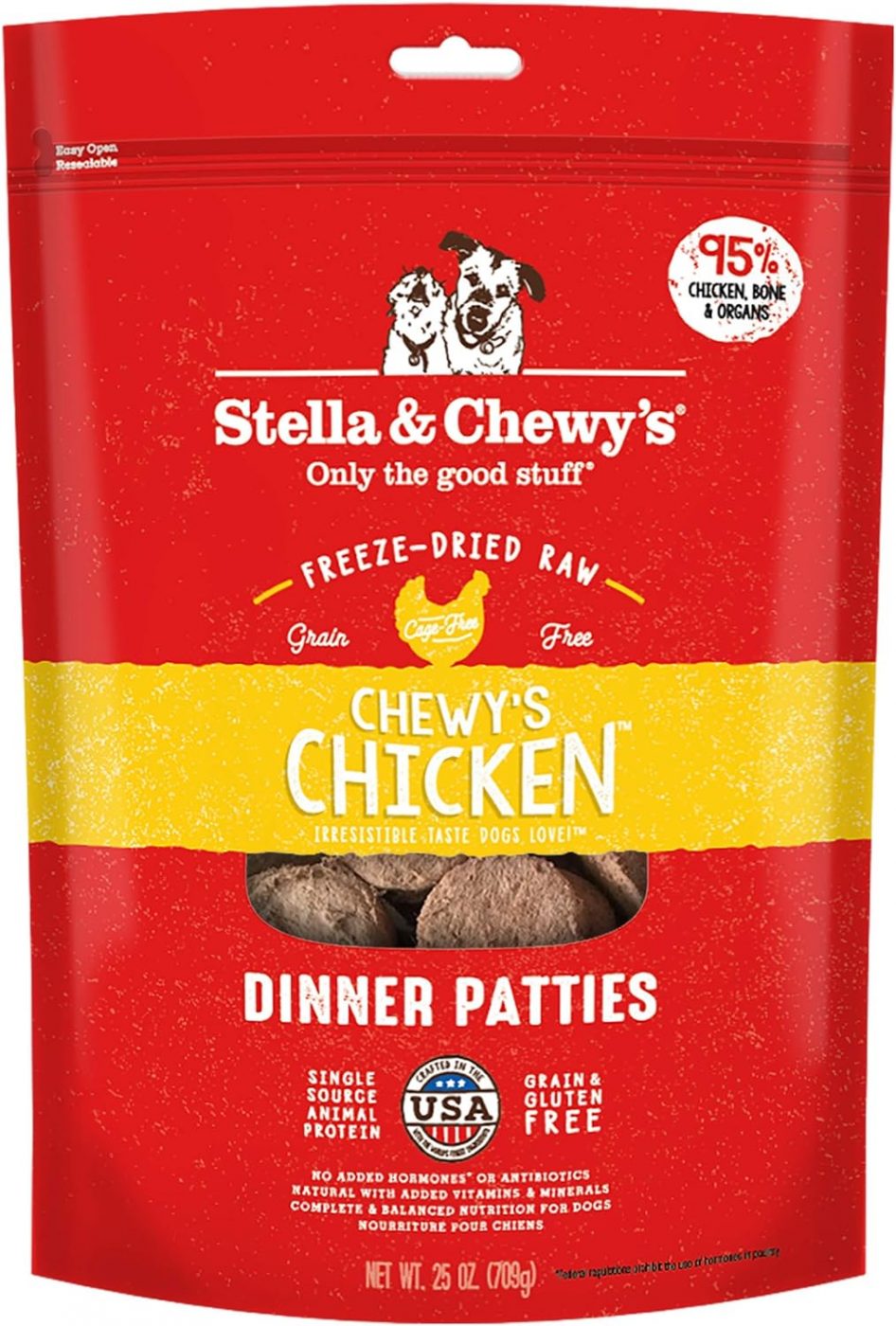
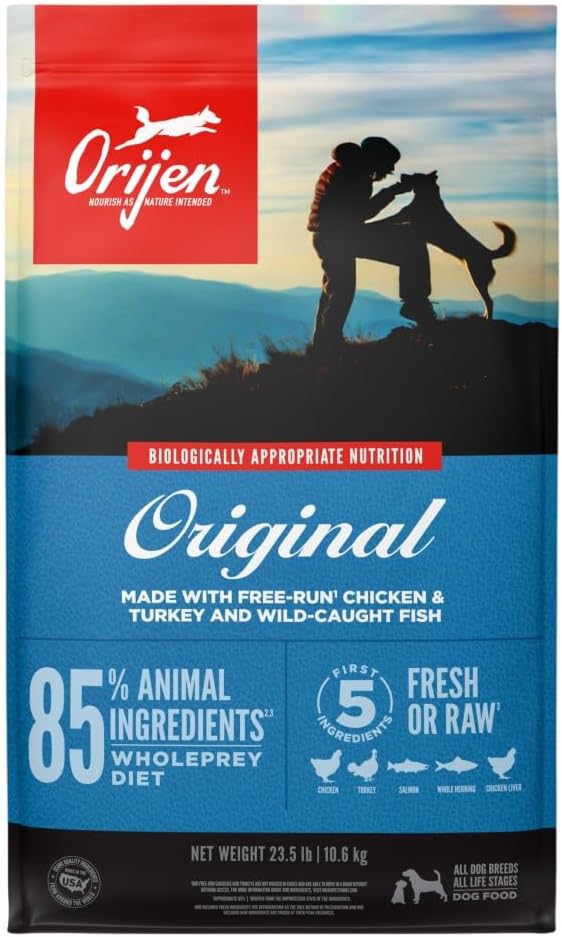
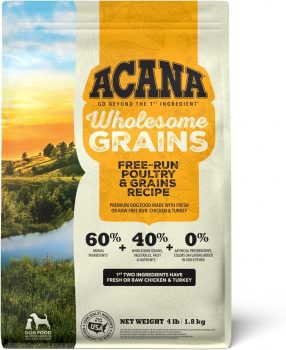
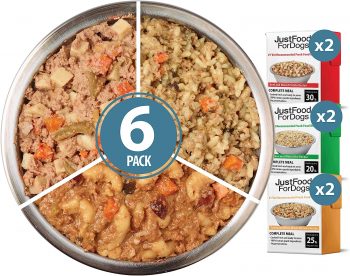
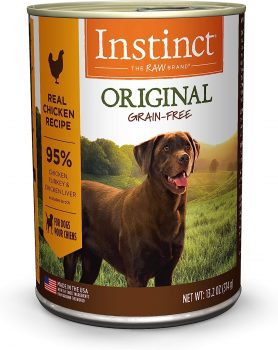
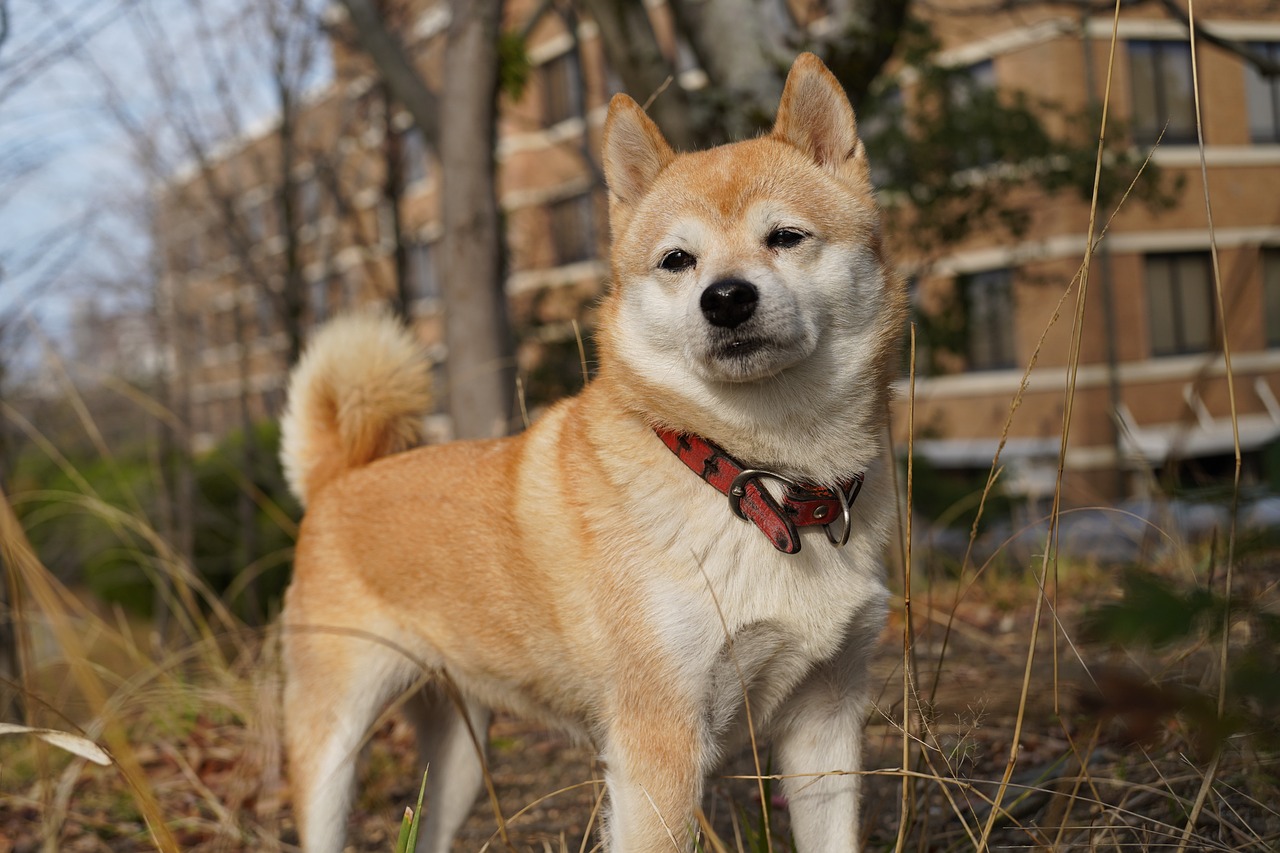
 Toledo, United States.
Toledo, United States.